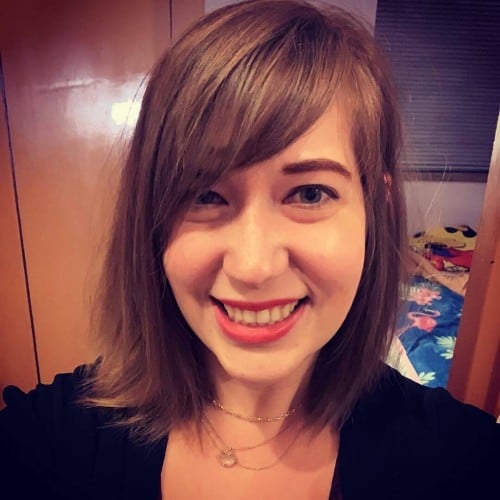
Fresh solution to a rotten issue: teens develop award-winning Mazah app to help people reduce food waste
- Six teenagers from around the world – including a Hongkonger – made an app that won the top prize and US$10,000 from the Slingshot Challenge
- Every week, Talking Points gives you a worksheet to practise your reading comprehension with exercises about the story we’ve written
 The Mazah app can help users track the foods in their fridge and monitor the expiry dates. Photo: Handout
The Mazah app can help users track the foods in their fridge and monitor the expiry dates. Photo: HandoutIn a busy city like Hong Kong, it’s easy to get distracted and forget about what is in your fridge. A new app hopes to tackle this problem and reduce the amount of food that ends up in the rubbish.
Mazah was developed by a team of teens around the globe, including 18-year-old Hongkonger Prithika Venkatesh. The app has three main features: a tracker where users can log the food they bought and its expiry date; a personalised recipe page showing what can be made with foods they have listed; and a map showing nearby food banks where they can donate extra food.
Within the next few months, the team hopes to launch Mazah on app stores.
Earlier this month, their project received the Slingshot Challenge’s Top Honours Award, which comes with a US$10,000 (HK$78,026) prize to further their work.
Deep Dive: Hong Kong’s food waste recycling schemes
According to Prithika, who is in her final year at Hong Kong International School, the team concentrated on this topic because “by minimising food waste, we can promote sustainability, address hunger and improve resource efficiency”.
According to Hong Kong’s Environmental Protection Department, about 3,300 tonnes of food waste ended up in landfills each day in 2022. The city’s food waste recycling programme has also been criticised as many people struggle to access collection bins and have not been given clear guidance on the scheme.
Though recycling could help, Mazah hopes to prevent the creation of food waste in the first place.
“In the news, we see a lot about oil spills and forest fires – widespread issues and something that we can’t combat as a person every day,” Prithika said, adding that reducing food waste is something people can do on an individual level.
“We thought people needed something to push them to start. That’s where we came in.”
Inspiring the next generation
Launched in 2022, the annual Slingshot Challenge invites youth aged 13 to 18 worldwide to create a one-minute video outlining their solution to an environmental issue. Teens can work individually or in teams.
This year, the competition received 2,134 submissions from 87 countries. Five won the Top Honours Award, while 10 Significant Achievement winners received US$1,000 each to advance their projects. The awards are presented by the National Geographic Society and the Paul G. Allen Family Foundation.
Other winners of this year’s Top Honours Award include Terrabox, a STEM kit that allows children to explore renewable energy through play and developed by 18-year-old Chidiebere Anigbogu from Nigeria, as well as Trovador, a tree-planting robot created by 18-year-old Marta Bernardino from Portugal.
“The Slingshot Challenge represents our belief that youth are the key to unlocking new opportunities in conservation,” Lara Littlefield, executive director of partnerships and programmes at the Paul G. Allen Family Foundation, said in a press release.
“We are confident that a global community of change-makers can stare down and conquer the environmental challenges that define our times.”
University of Hong Kong students turn food waste into dog toothpaste
Looking to the future
Prithika met her teammates last summer through Kode with Klossy, a virtual coding camp for students of traditionally under-represented genders in STEM.
The team is based around the world, with Prithika in Hong Kong, 18-year-old Gabby Gervacio in Switzerland, and Noga Gercsak, Ishika Meel, Riya Zindage and Shradha Bista, all aged 16, in the US.
“We all discovered different skills ... that we could bring to the table, like design, video making, marketing and coding,” Prithika recalled.
“One thing we all had in common was our determination to ... create an app or develop one that can have a real-world impact.”
Since the team had to work around six schedules and multiple time zones, Prithika often had calls about the project at 11pm on Saturdays.
“Throughout this journey ... we experienced a lot of great collaboration, despite being in different locations,” she said. “Winning one of the top awards is really exciting as it recognises all the work we’ve put into Mazah.”
In university, Prithika plans to study computer science, which she hopes can help her “find innovative ways to ... contribute to a more sustainable future”.
She is grateful for what she learned while working on Mazah: “This experience has been amazing, providing us with a wealth of knowledge and many opportunities for growth. So I think we’re all really excited to see where this goes in the future.”
To test your understanding of this story, download our printable worksheet or answer the questions in the quiz below.
